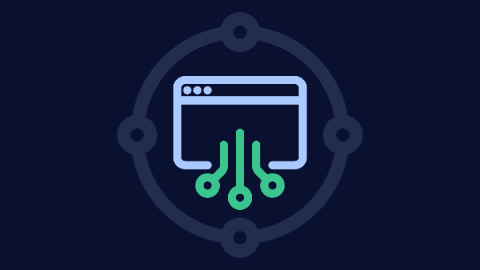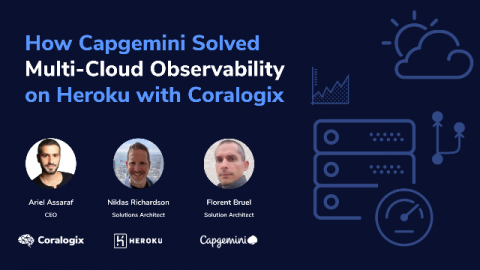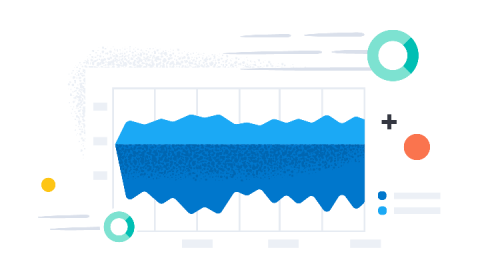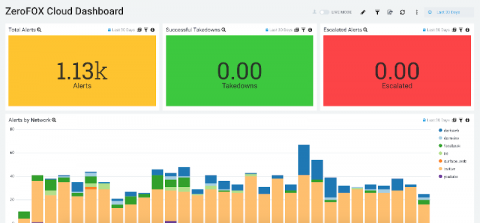The Ultimate Guide to Microservices Logging
Microservice architecture is widely popular. The ease of building and maintaining apps, scaling CI/CD pipelines, as well as the flexibility it offers when it comes to pivoting technologies are some of the main reasons companies like Uber and Netflix are all in on this approach. As the amount of services in a microservice architecture rises, complexity naturally also rises.










